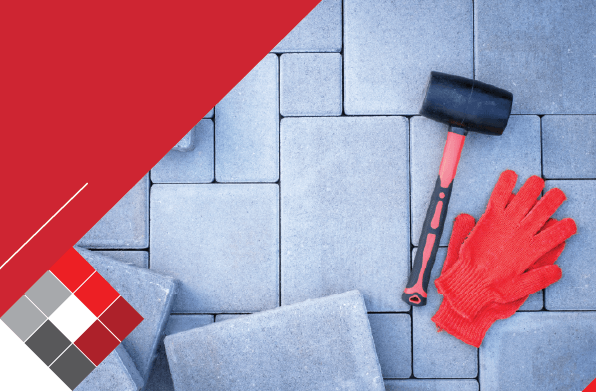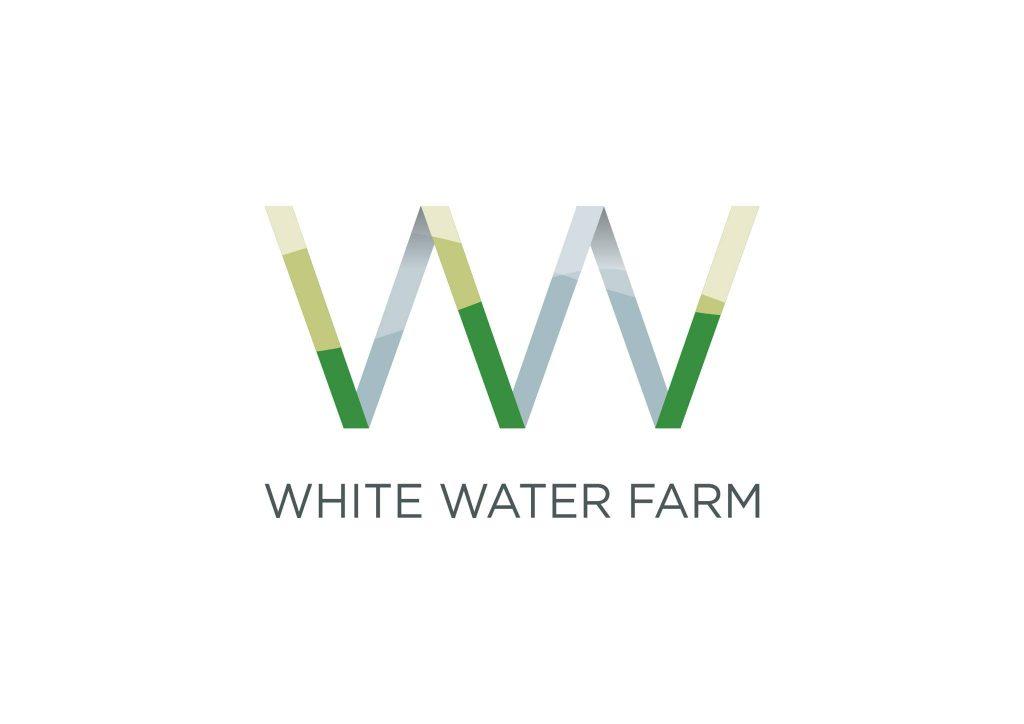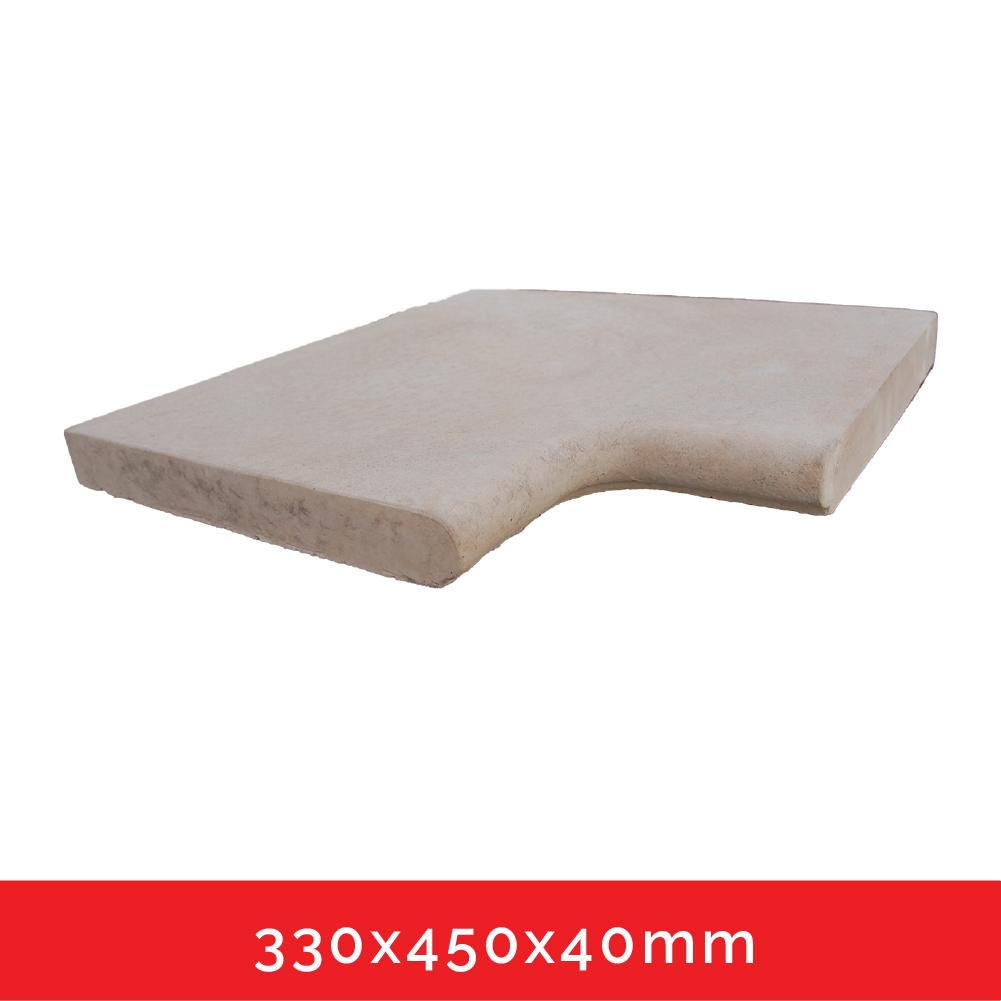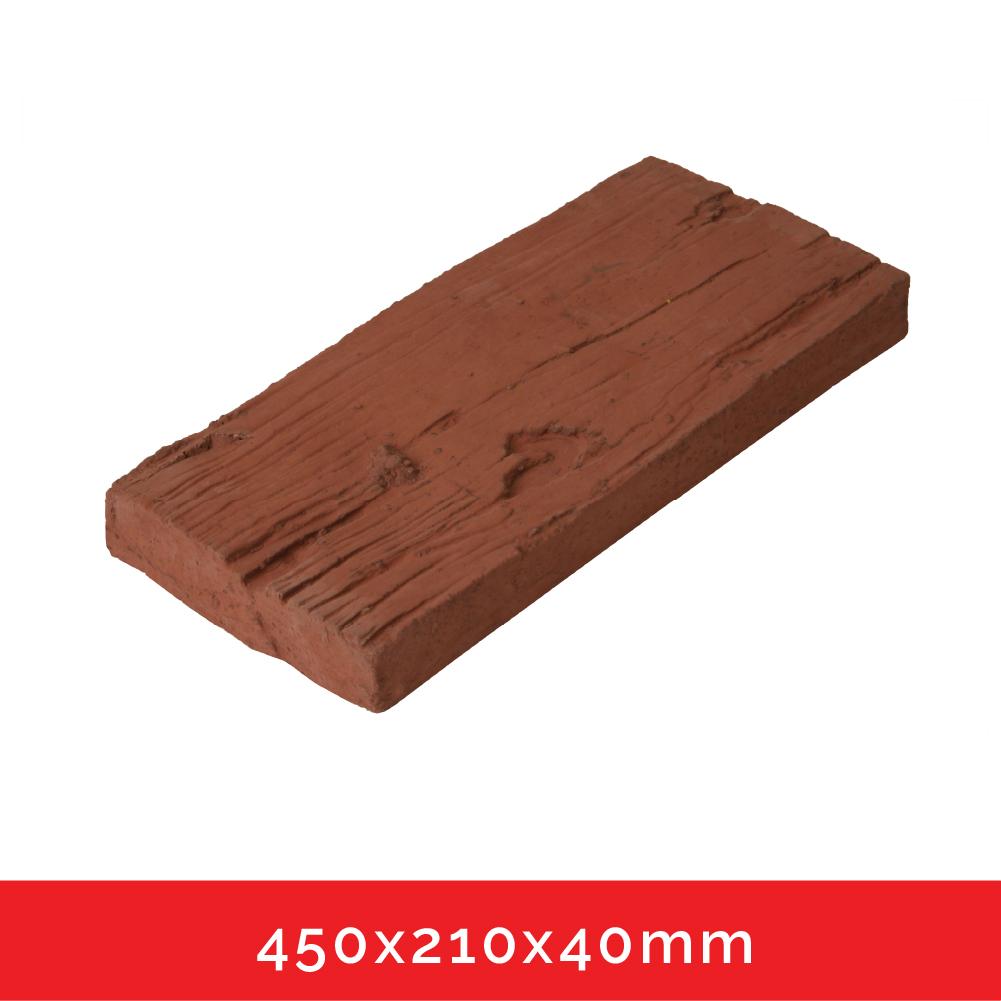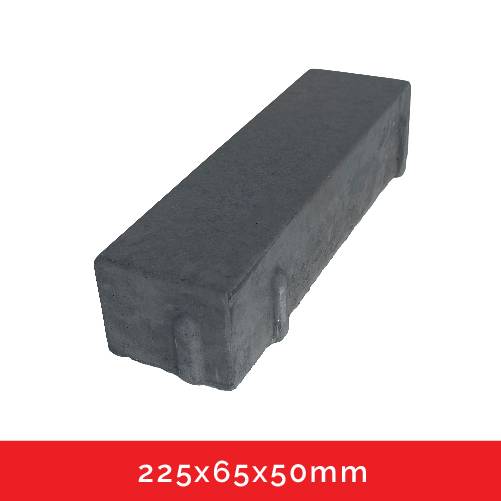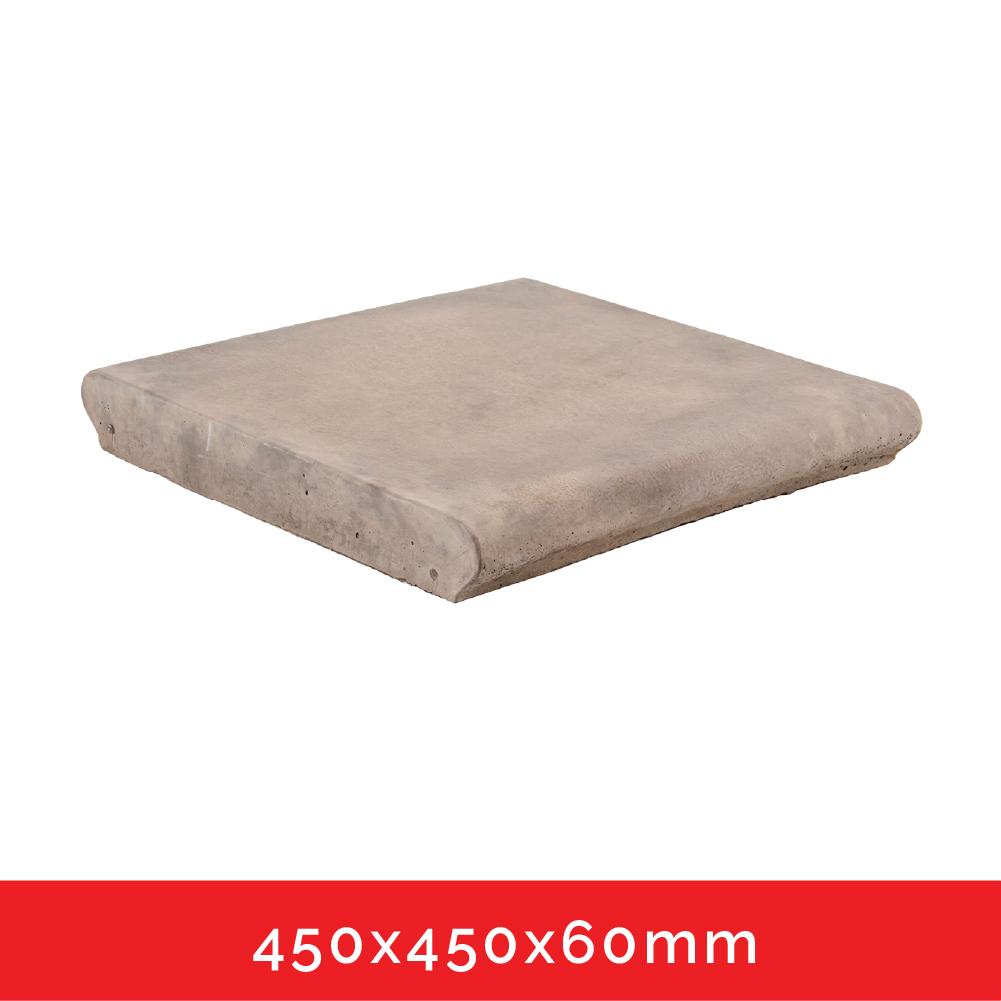When hiring a paving contractor, it is important to ask the right questions to ensure that you get the best possible service.
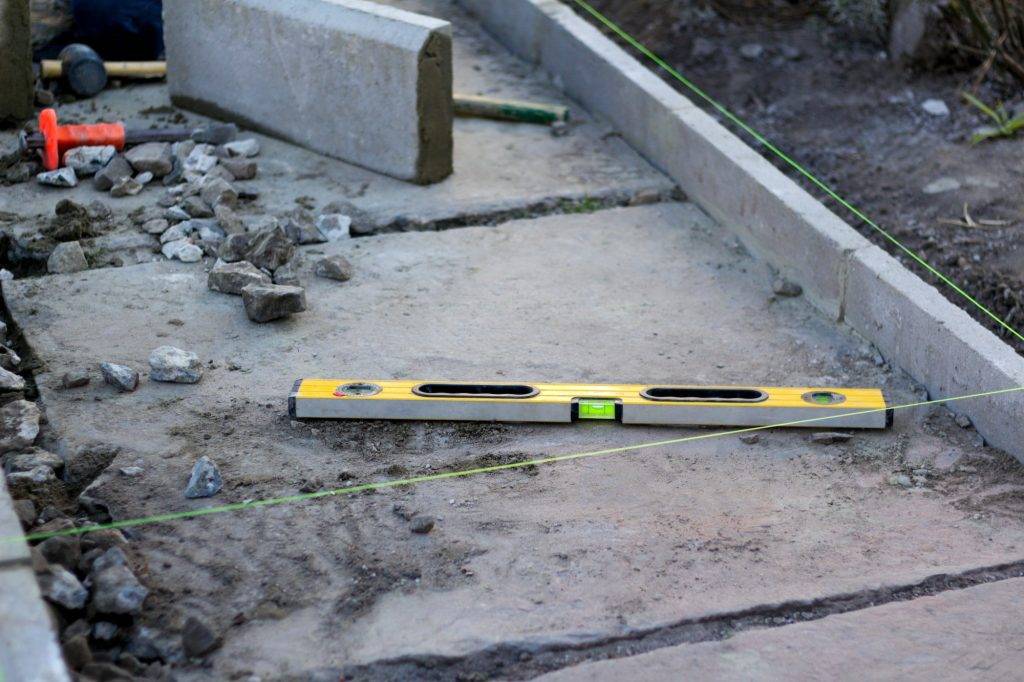
Here are some of the most important questions to ask:
1. What type of experience do you have?
Answer: The contractor should have experience installing the type of paving you are interested in.
2. What type of materials do you use?
Answer: The contractor should use high-quality materials that will last for many years.
3. What is your warranty?
Answer: The contractor should offer a warranty on their work.
4. What is your price?
Answer: Be sure to get estimates from three contractors before making a decision.
In addition to these questions, you may also want to ask about the contractor’s scheduling, payment terms, and bonding.
By asking the right questions, you can be sure to find a qualified and reliable paving contractor who will do a great job.
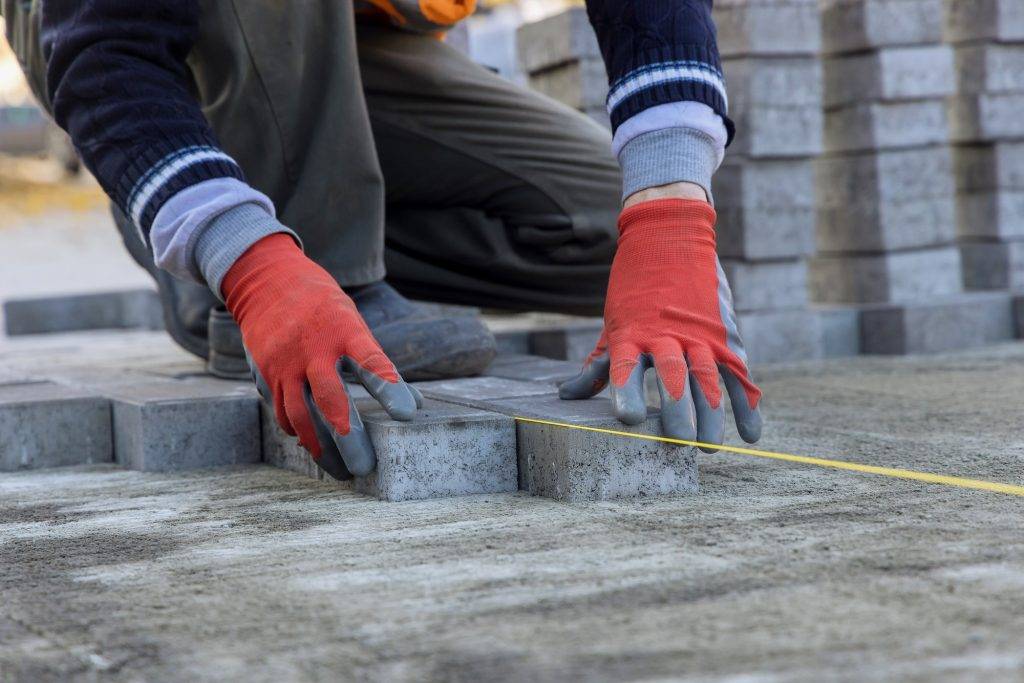
Here are some additional questions you may want to ask:
1. What is your process for installing paving?
2. How will you ensure that the paving is level and even?
3. How will you prevent the pavers from moving?
4. How will you protect the paving from the elements?
5. What type of maintenance is required for the paving?
By asking these questions, you can gain a better understanding of the contractor’s process and how they will ensure that your paving is installed properly and will last for many years to come.

Here are some specific questions you may want to ask about the contractor’s paving installation process:
1. What is the drainage plan for the water?
Inexperienced:
Water can cause problems with paving, so it is important to plan for drainage.
Experienced:
The installer should create a slope in the foundation so that water will flow away from the paving. They may also need to install drains or gutters to help with drainage.
2. Do you intend to use a roller to consolidate the sub base/foundation?
Inexperienced:
Yea we will use a roller to compact the sand and soil
Experienced:
Compacting the foundation is essential to ensure that it is solid and stable. A roller or heavy plate compactor will help to remove air pockets and create a smooth, even surface.
3. When installing, will you mix and match pavers from different packs?
Inexperienced:
Paving materials can slightly vary in colour from batch to batch.
Experienced:
By drawing pavers from different packs, the installer can help to create a more uniform appearance.
4. How will the edges be installed, and why?
Inexperienced:
We will dig a trench along the edge of the paving area and fill it with concrete.
Experienced:
To prevent pavers from moving, reputable installers will embed the edge courses in concrete and reinforce them with concrete. They will also ensure that the concrete beds retain the layers underneath the paving. In some cases, they may use kerbs to further reinforce the edges.
5. Do you intend on building a sub base/foundation?
Inexperienced:
Without a foundation, the pavers are more likely to move and settle, which can lead to cracks and uneven surfaces
Experienced:
A foundation layer is standard practice for paving installation. It is made of a compacted material, such as crushed stone or gravel, and it provides a solid base for the pavers to rest on.
6. Are you going to excavate any soil?
Inexperienced:
If the contractor says no, or if they only plan to scarify the soil, this is a red flag.
Experienced:
Even for areas with heavy foot traffic, reputable paving contractors will remove the topsoil and replace it with a subbase or foundation layer. This is more labor-intensive and costly, but it is essential for a paving installation that will last for many years.


